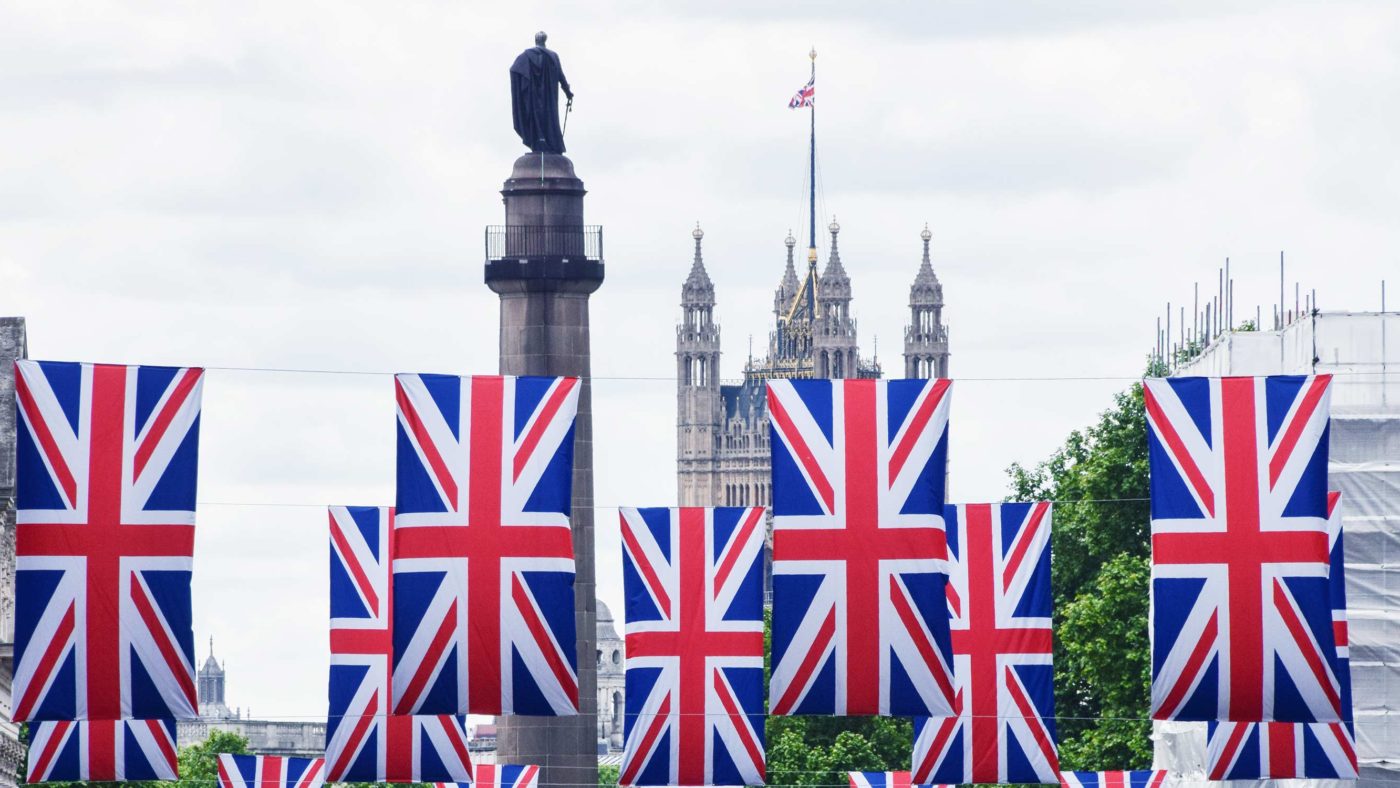The United Kingdom doesn’t have nearly enough pageantry. This might be hard to believe on the eve of a Royal Jubilee which will likely see an awful lot of pageantry indeed, but it is true nonetheless.
Yes, we can still put on a splendid show when we have the mind. The state opening of Parliament is a grand occasion, and the Trooping of the Colour always popular. But neither of those is really a national event, is it? The Platinum Jubilee, on the other hand, certainly will be – which means we’re going to be subject to an awful lot of very tedious grumbling by people ostentatiously disapproving or uninterested. One need not look far on Twitter to find people describing the ‘horror’ of their neighbours preparing harmless street parties.
Slightly more serious commentators, such as George Monbiot, lift their hats to Her Majesty but attack the pomp and circumstance of the whole occasion. ‘Pomp and pageantry are the enemies of reason’, he thunders.
Does he really think this? It would be curious to see what his views on, say, Pride marches are. For they are very much pomp and pageantry too, simply with a different aesthetic and constituency.
Similarly, such sentiments strongly suggest their authors are not really all that familiar with actual republics. France holds great military parades. Germany, for some reason, still stages torchlit marches with its own troops.
Ritual is not something one can just get rid of from human society. Even revolutions which launch committed assaults on traditional festivals and ceremonies have to replace them with something else, because they recognise that shared experiences are essential building blocks of a community or nation.
Which is why it is problematic that the UK is so short on national ritual.
The monarchy, at present, does nearly all the heavy lifting. That’s why it would be so ridiculous to pare back and modernise it – the outward performance is the point of the institution. Events such as jubilees provide a gentle series of shared points of national memory.
But beyond that, it gets rather arid. The UK is apparently one of only two countries in the world (the other being Denmark, another ancient monarchy) with no official national day. We do have Armed Forces Day, but the military has been pared back time and again in recent decades and has a much smaller footprint across the nation than it used to.
Other than that, the only other institutions which seem regularly to serve as focus points for British national feeling are the BBC, the NHS (which is not truly national) and Team GB (which some Northern Irish athletes can’t even compete in). Outside the Olympics, we usually don’t even field a national sports team.
Given that serious structural disadvantage, one might have expected successive British governments to do what they can to make the most of what we have, and try to create more opportunities for national celebration. But with the exception of the occasional, half-hearted suggestion of setting up a national day, they have signally failed to do so.
So, we should not be too quick to crow at the likes of Monbiot, Gary Lineker, or anybody else extolling their disdain or hostility to grand ceremonies. For whilst they are undoubtedly in for a bit of a miserable weekend, the sad truth is that their attitude has broadly prevailed. Events like the Jubilee are the exception which proves their dreary rule.
Click here to subscribe to our daily briefing – the best pieces from CapX and across the web.
CapX depends on the generosity of its readers. If you value what we do, please consider making a donation.


